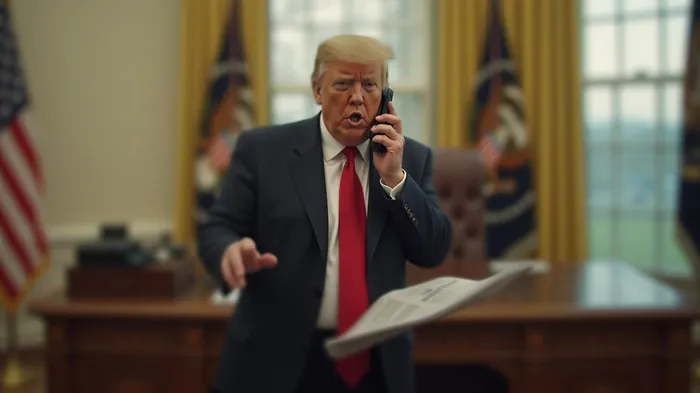Trump Acknowledges Potential Recession, Hints at Tariff Changes
Former U.S. President Donald Trump has publicly acknowledged the possibility of a temporary economic recession as the nation navigates through a period of economic transition. This admission was made on May 2, where Trump highlighted that while the economy may face near-term challenges, he maintains a confident outlook on the long-term economic prospects of the United States. This statement underscores a pragmatic approach to economic management, recognizing the cyclical nature of economic growth and the necessity for strategic planning during transitional phases.
Trump's acknowledgment of a potential short-term recession resonates with the views of some economic analysts who have forecasted a temporary downturn. These predictions are attributed to various factors, including global economic uncertainties and domestic policy shifts. However, Trump's optimistic stance on the future economy suggests a strong belief in the resilience of the U.S. economy and its ability to overcome short-term obstacles.
In addition to acknowledging the potential recession, Trump's economic advisor has hinted at forthcoming changes in tariff policies. These potential adjustments are part of a broader strategy aimed at navigating the economic transition and mitigating the impact of a temporary recession. The advisor's comments reflect the administration's proactive approach to economic management, focusing on stabilizing the economy during this period of uncertainty.
The recognition of a potential recession and the anticipation of tariff changes demonstrate a nuanced understanding of the economic challenges the nation is currently facing. Trump's optimism about the long-term economic future, combined with a pragmatic approach to managing short-term setbacks, offers a balanced perspective on the economic transition. As the nation progresses through this period, the emphasis will be on implementing policies that support economic stability and growth, ensuring that the temporary recession does not impede the long-term economic trajectory.

Quickly understand the history and background of various well-known coins
Latest Articles
Stay ahead of the market.
Get curated U.S. market news, insights and key dates delivered to your inbox.



Comments
No comments yet